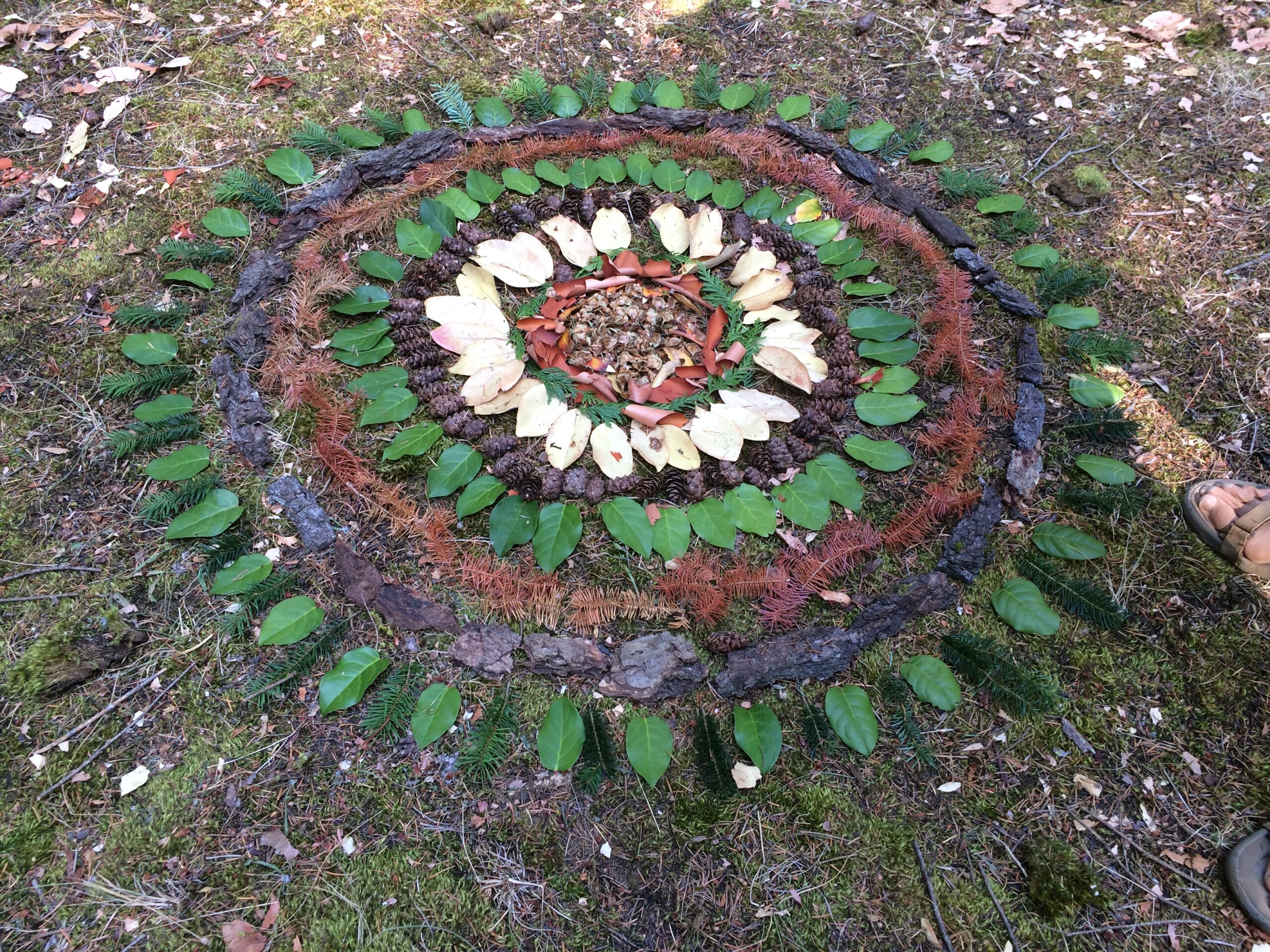
The short answer is yes The long answer is not if they have a chance to repattern their early experiences. In my last book, The Secret Life of Babies, I shared some pretty strong scientific material about the subject. What I mean by strong is hard to ignore.
Scientists in Sweden (and since then, the world over) researched how people ended their lives. They found that those who chose to end it, rather than waiting for Nature, did it in a way that resembled their birth imprints. People who asphyxiated themselves were asphyxiated at birth, those who poisoned themselves had mothers who were strongly medicated at birth. It’s grizzly to talk about, and indeed, an extreme end of the societal spectrum of death, and, it matters.
It matters because many people having a bad day or a string of bad years, might be having it for reasons other than the common judgements of being, “mentally ill”, “weak”, or, “very sensitive”. It matters because like one of my mentors, Andrew Feldmar says, “People aren’t crazy, they’re having a response to something that was crazy.” I agree with him. People have normal responses to extreme circumstances.
What if those circumstances aren’t immediately obvious? What if said person looks “high functioning”, has a great job, beautiful family, and seems in great physical health? What reason do they have to be sad, anxious, enraged, or lifeless?
Here’s where Andrew’s premiss comes in: Could it be that when we feel ashamed, depressed, scared, pained, overwhelmed, reluctant, really nervous, or some hard-to-describe unwanted, but prevailing feeling, that we are in fact remembering (without fully remembering) some injustice, injury, or other overwhelming experience that has not yet been contended with?
I say “without fully remembering” because the unwanted overwhelming experience leaves a trail. It’s up for transformation, doesn’t know how to do it on its own, so it leaves a clue instead. The clue is the distorted feelings many of us occasionally have, and others relentlessly have. These are thoughts like, “No one loves me”, “I’m alone”, “I should be dead”, “I should not go out”, “Not succeed”, “Not show my face”, “Hide my real feelings”…you get the gist. No one would be having those feelings unless something terrible happened to them.
So what to do?
In my newest book, It’s Never Too Late: Healing Prebirth and Birth At Any Age, I make suggestions for where these unwanted feeling could be coming from. I start at conception move slowly through the dynamic, beautiful, and utterly important steps of early gestation and birth, and the common ways many of us and babies today got and are getting interrupted.
Coming into this world is a magnificent claiming of life. We come as love. We look for a greeting, for being known, and the felt sense of being loved. We can get by on a little less, but if there’s something we missed, most of us won’t settle for it, and we’ll try to get it back in a million creative ways.
Self-destructive thoughts or actions don’t necessarily lead to taking your life, but they do get in the way of having your full life. I think they’re a protest– that we wanted more, and we’re still looking for it.
My wish for all of us is to gradually, lovingly, compassionately unveil the rare and radiant gems of our beings, the ones we are slated for before we start adapting to the strange, sometimes painful, and often unfitting messages we get during these early stages of our becoming. It’s amazing how little of the yucky stuff is true about our real selves, even if those yucky things happened back then. It’s amazing how essentially beautiful we all are, and how whole and intact we still are underneath the layers of any early mis-education.
The print version and e-book version of It’s Never Too Late: Healing Prebirth and Birth At Any Age are now available on my shop page.

